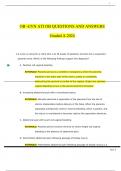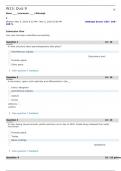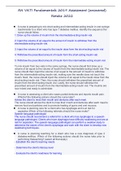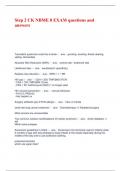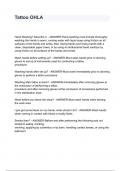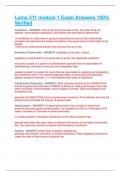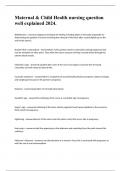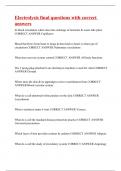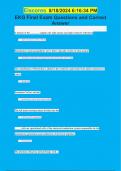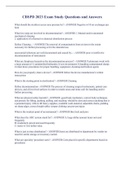Exam (elaborations)
OB -GYN ATI OB QUESTIONS AND ANSWERS Graded A 2024
OB -GYN ATI OB QUESTIONS AND ANSWERS Graded A 2024OB -GYN ATI OB QUESTIONS AND ANSWERS Graded A 2024OB -GYN ATI OB QUESTIONS AND ANSWERS Graded A 2024OB -GYN ATI OB QUESTIONS AND ANSWERS Graded A 2024OB -GYN ATI OB QUESTIONS AND ANSWERS Graded A 2024
[Show more]
